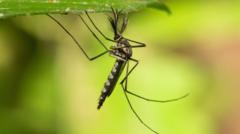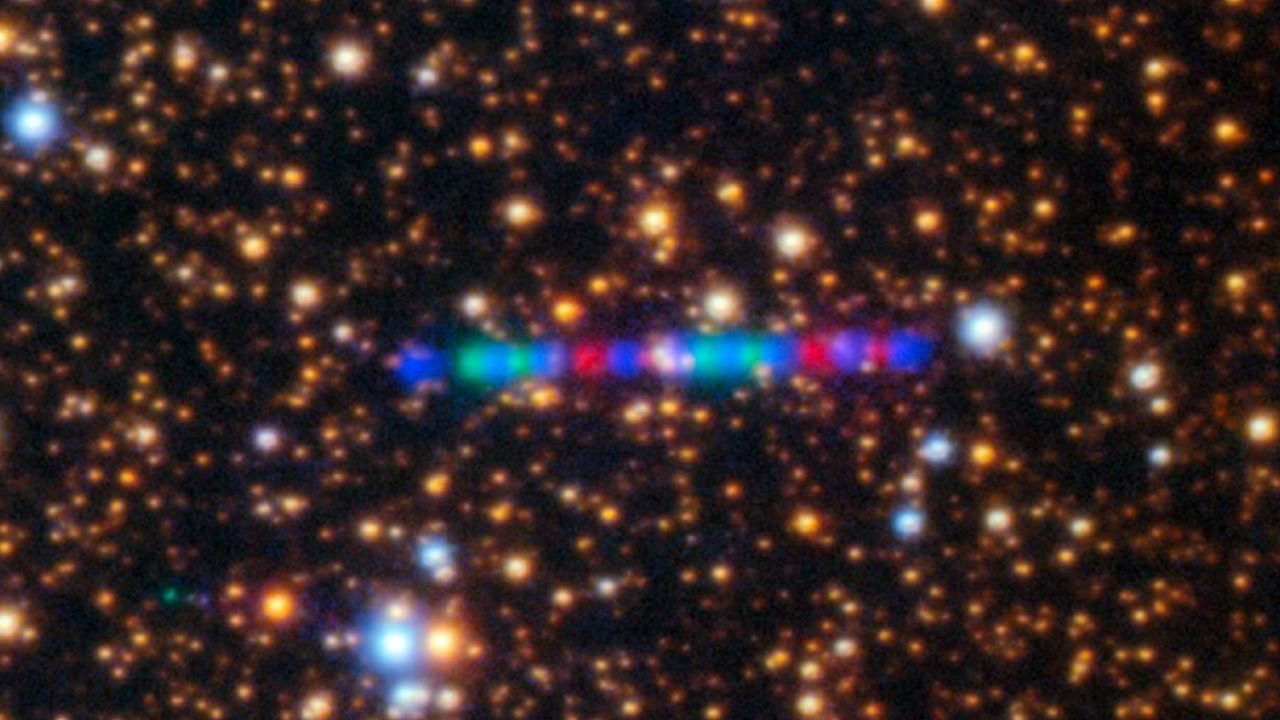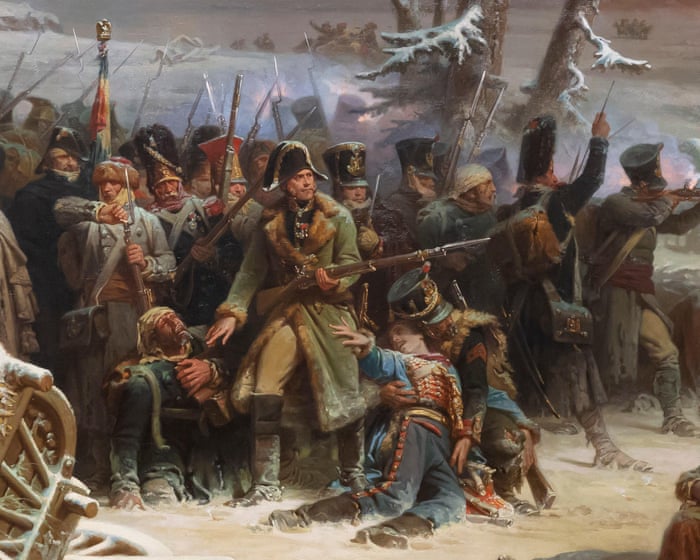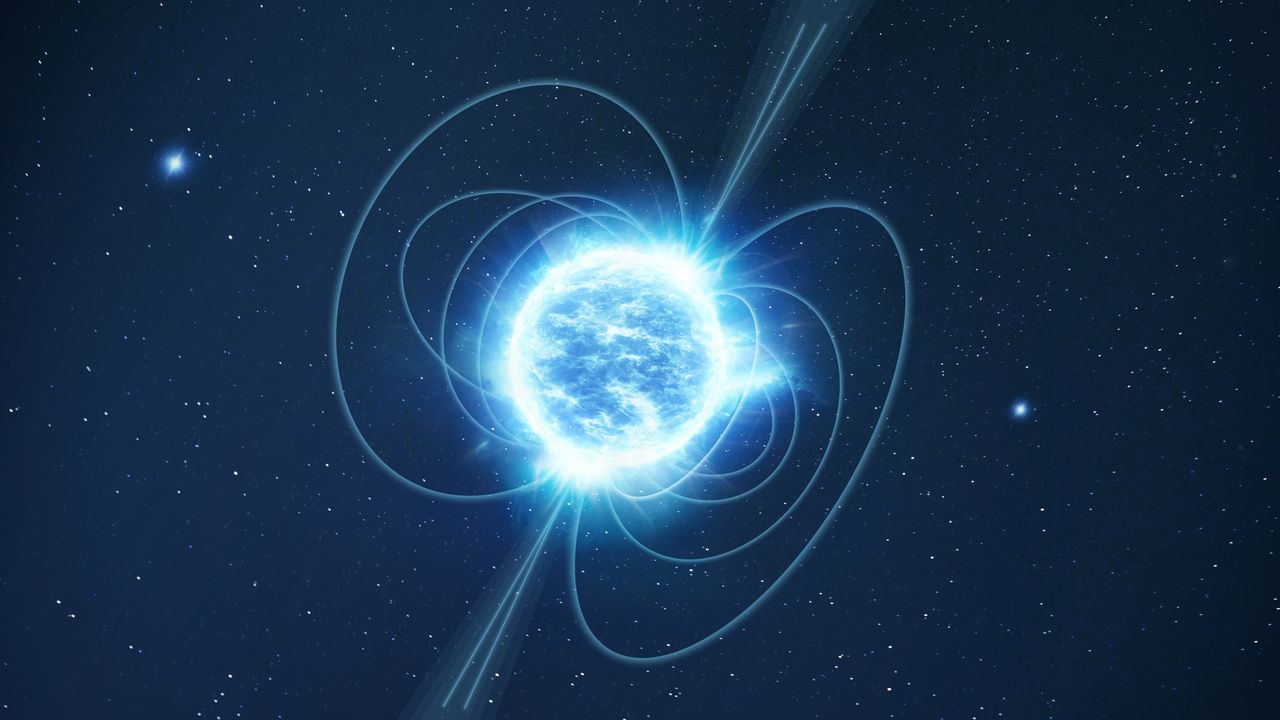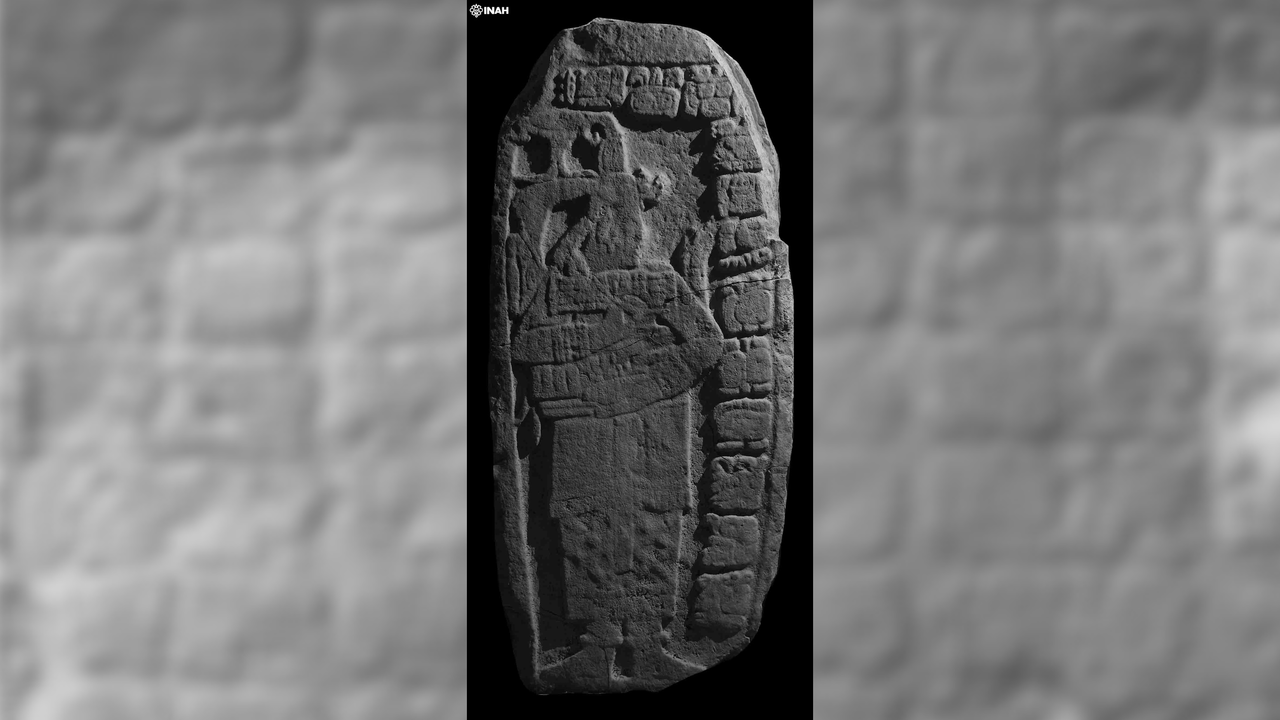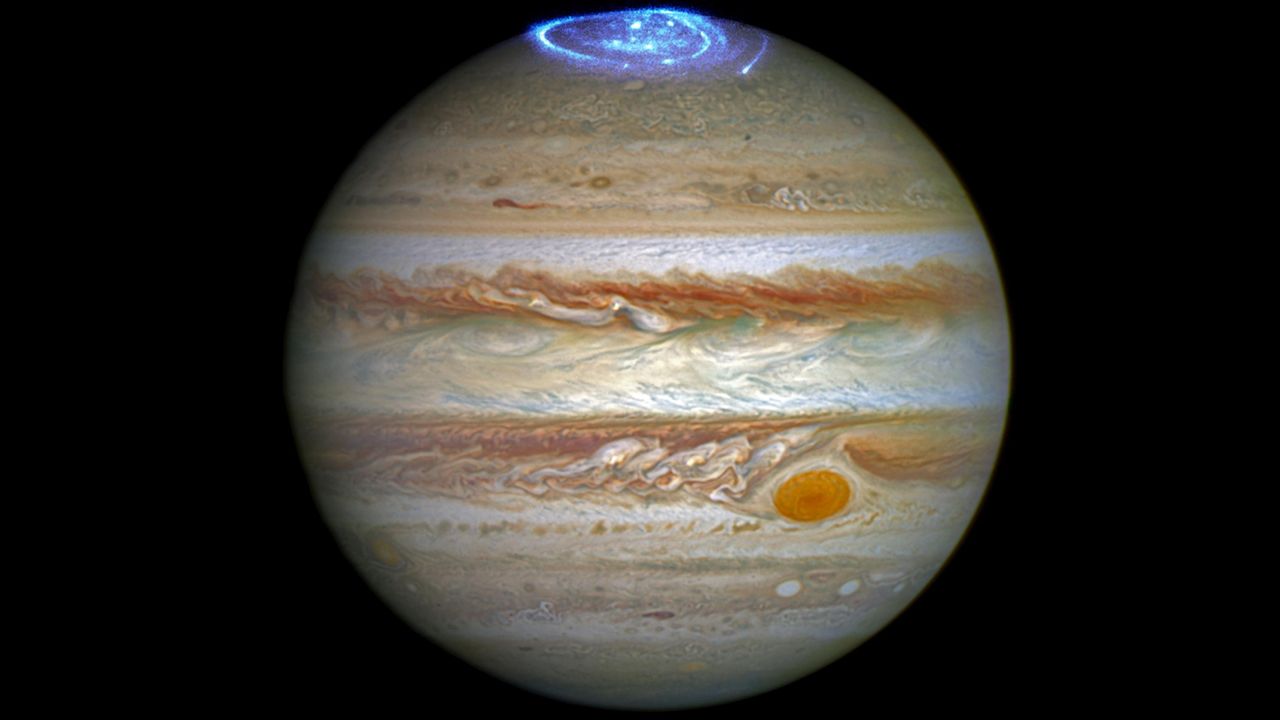COP30: The Road to Belém
PositiveScience

COP30, the first Conference of the Parties hosted in the Amazon, is set to highlight crucial discussions on climate change, nature conservation, and social justice. This event is significant as it brings global attention to the Amazon rainforest, emphasizing the need for sustainable practices and equitable solutions to environmental challenges. The outcomes of COP30 could shape future policies and inspire collective action towards a healthier planet.
— Curated by the World Pulse Now AI Editorial System

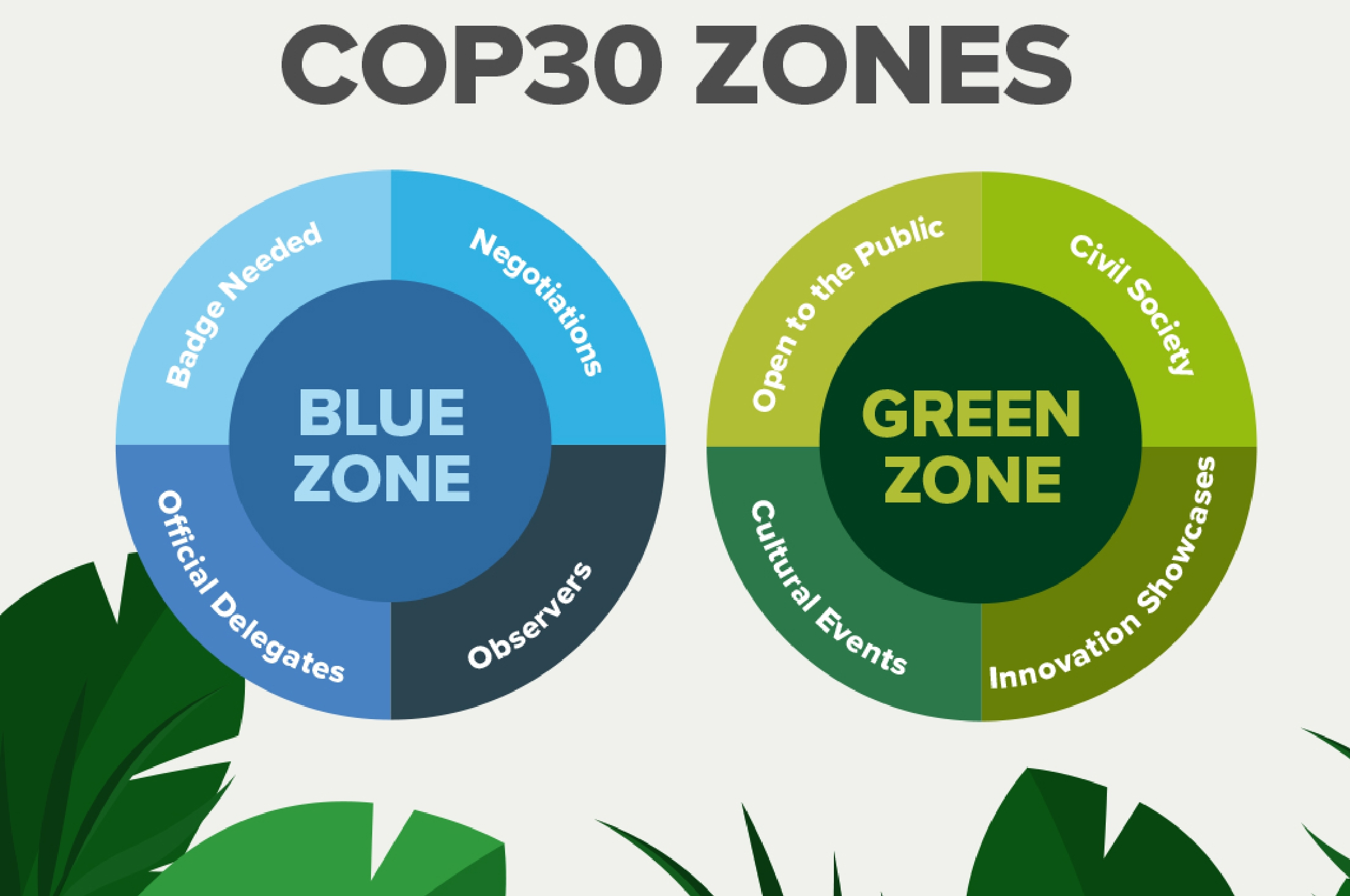
/https://tf-cmsv2-smithsonianmag-media.s3.amazonaws.com/filer_public/c4/6e/c46e33ea-a5b4-43ed-bf42-557bf97b1427/nov2025_h13_tristiangooley.jpg)

